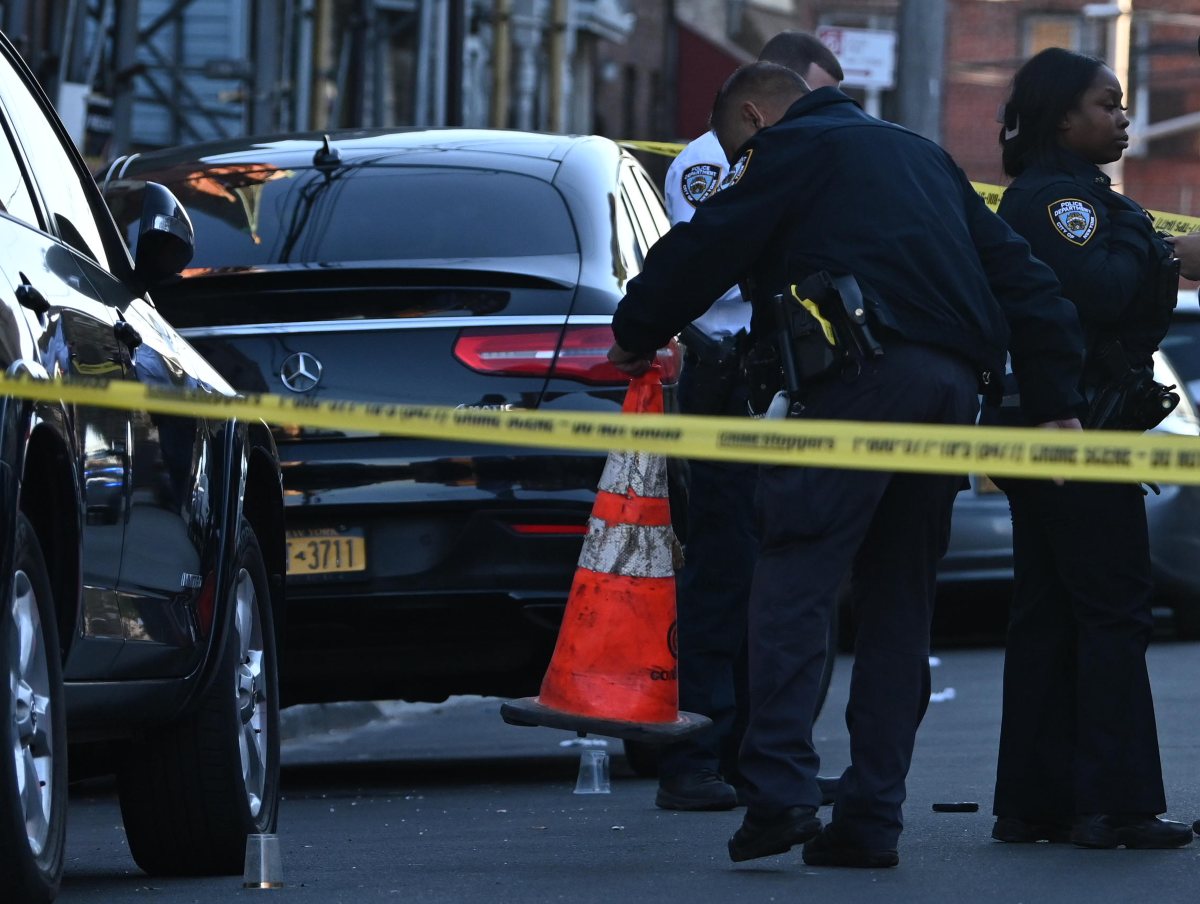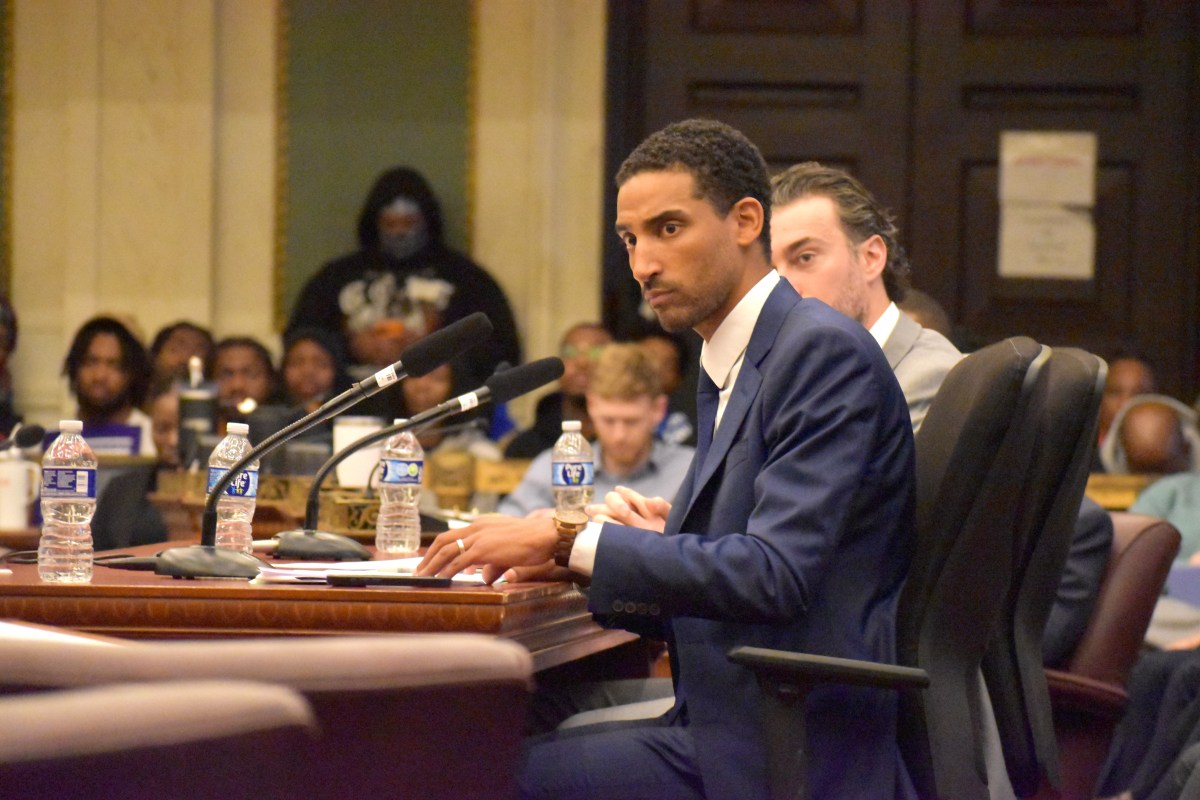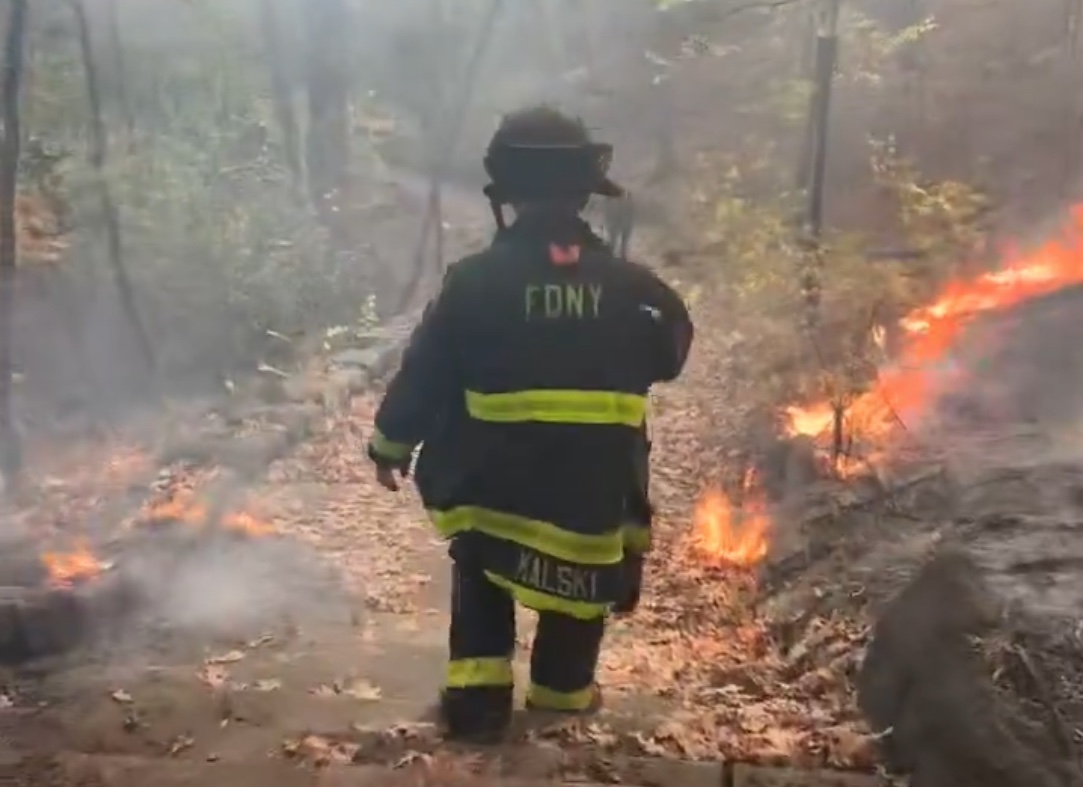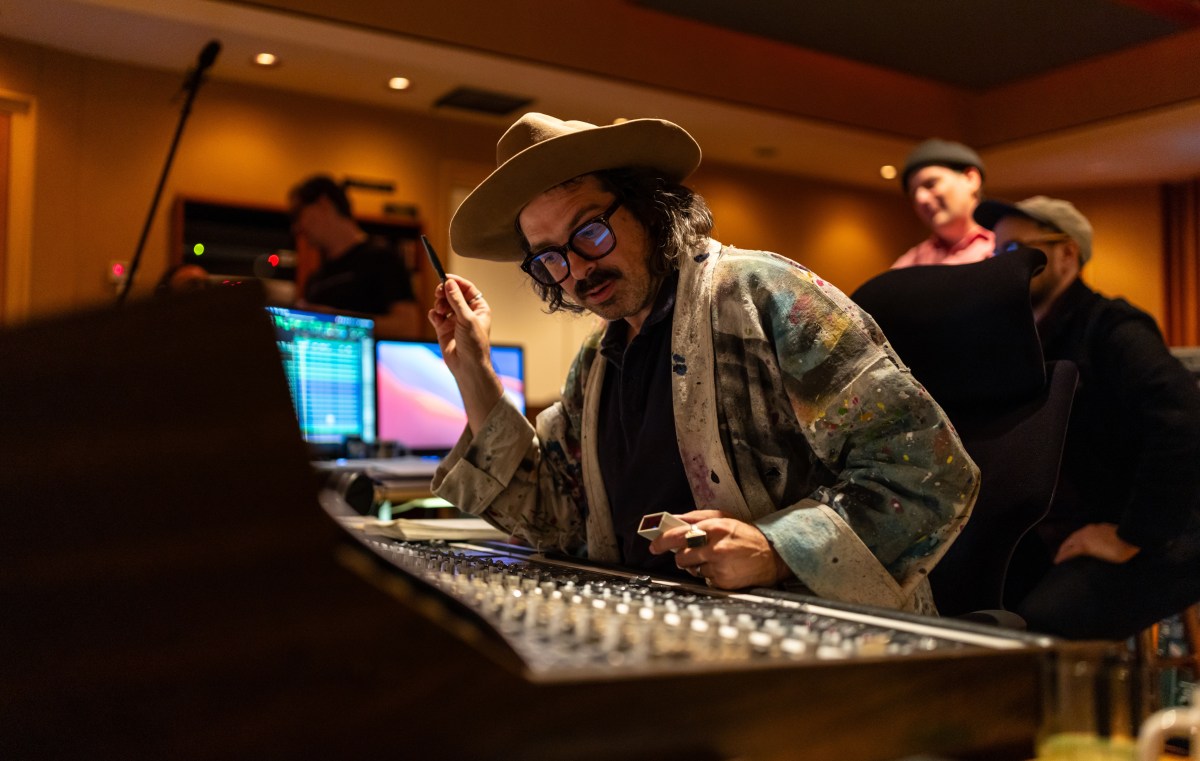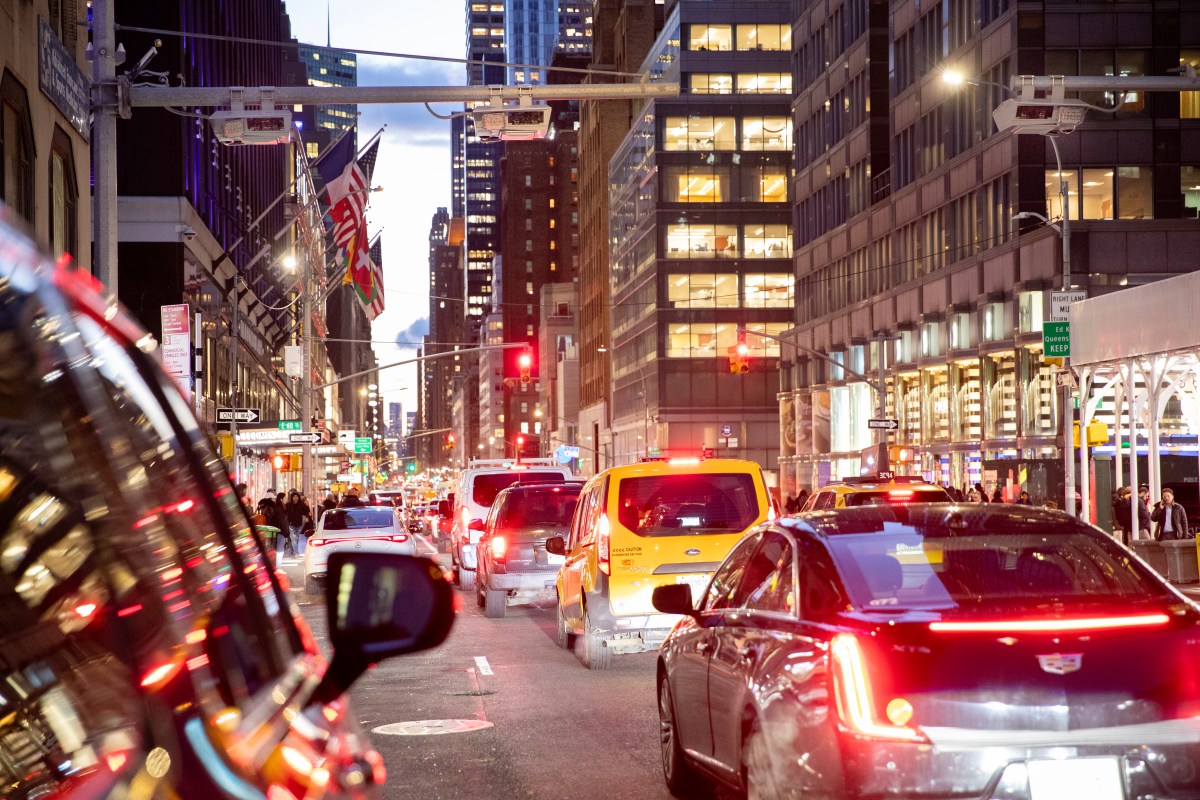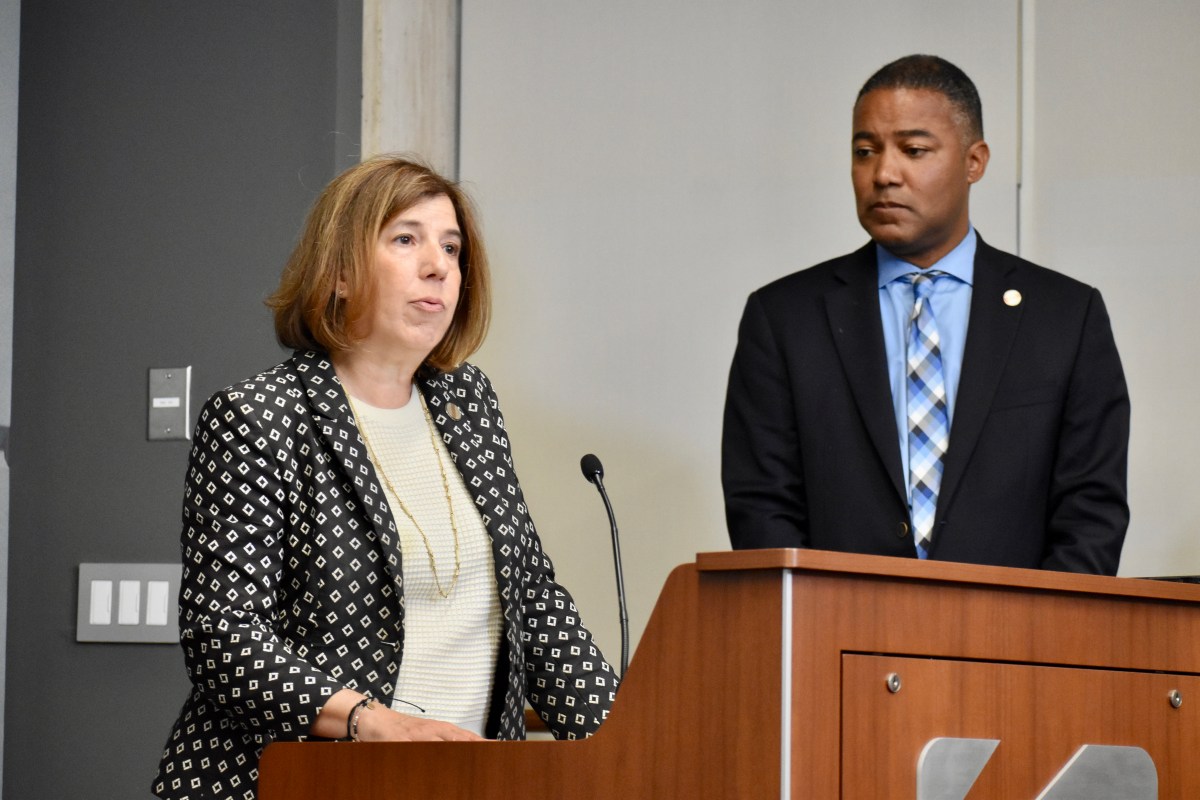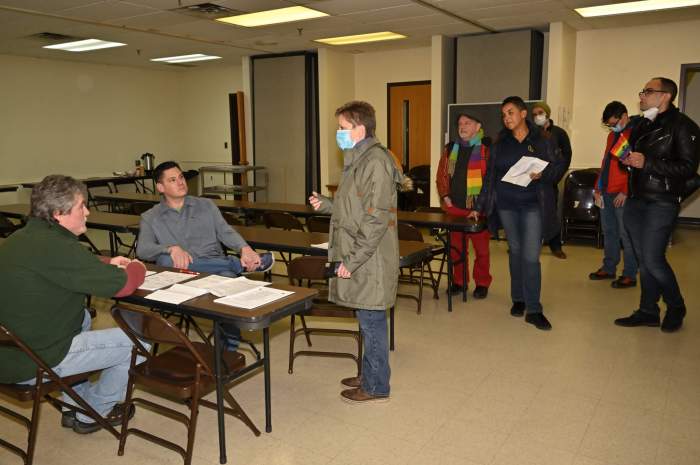ISTANBUL (AP) — Vladimir Putin’s military draft “changed everything” for the tens of thousands of Russians who have fled their country since the Russian leader’s mobilization was announced last month, according to recent arrivals in Istanbul.
Niki Proshin, 28, left St. Petersburg last week, part of a torrent of Russian men escaping their homeland following Putin’s Sept. 21 declaration of a “partial mobilization” for the war in Ukraine. The Russian military call-up came as some Russian troops have been forced to retreat amid a Ukrainian counteroffensive.
“Last week changed everything for hundreds of thousands of other people who decided to leave Russia,” he said. “The main reason is the danger of being drafted into the Russian army.”
Turkey, which has maintained air links with Russia while other countries blocked flights and does not impose visa restrictions on Russian visitors, has been a popular destination for those leaving for “any place” they can reach.
Turkish officials have not released data on how many Russians may have arrived in Turkey to flee the draft, but Russia is close to the top of a list of countries that sends tourists to Turkey, after Germany. Some 3 million Russians have visited the country so far this year.
Turkish media have also reported an increase in the number of Russians purchasing or renting houses in Turkey.
The NATO-member country, which relies on Russia for its energy needs and tourism, has not joined U.S. and EU sanctions against Moscow. It has tried to balance its relations with both Russia and Ukraine, positioning itself as a mediator between the two.
Proshin, a YouTube vlogger originally from the Siberian city of Omsk, said setbacks on the battlefield in Ukraine had eroded Russian support for the war, even among “patriotic” Russians.
“Right now, when the Russian army is having some trouble and the Ukrainian army is pushing them out of their lands, people who were supporting this war are saying they don’t understand why this war is happening,” he said.
“They don’t want this war and they don’t want to lose their friends, husbands, brothers or themselves in this useless war.”
Proshin said his family were “very relieved” that he left Russia and now plans to wait for his girlfriend to join him before leaving for another country.
Eva Rapoport, the Istanbul coordinator for The Ark, a group helping Russians fleeing their country, said there had been a significant increase in the numbers arriving in Turkey since Putin’s mobilization declaration.
While those who left Russia in the immediate aftermath of its February invasion of Ukraine were a “well-educated, Western-oriented, cosmopolitan crowd,” now her organization was seeing “just about everyone who can escape the country.”
“Many of these people used to support Putin, they used to cheer for the war,” she said. “When it was from the safety of their homes and there was nothing at stake for them it was fine. But now they don’t want to support this by their actions.
“They don’t want to support it with their lives. They don’t want to go and fight and die in this war.”
Still, she described the decision by the Baltic states and Poland to block entry for such Russians as “unjust.”
“It’s literally a life or death situation for them, it’s a humanitarian issue,” Rapoport said.
Many Russians arriving in Turkey after the start of the war were suffering from shock caused by the invasion, she said, as well as difficulties in finding a place to live or ways to pay for goods due to sanctions on the Russian finance sector.
“Everyone was discussing symptoms of psychological distress. They could not eat, could not sleep and could not focus,” she said.
New arrivals in Istanbul described the situation in Russia as “rapidly deteriorating,” and many feared being trapped.
“If you stay, you may never be able to leave, and if you want to (leave) you better act fast,” she explained.
Likening the situation to the aftermath of Russia’s 1917 revolution, when hundreds of thousands of “white Russians” found refuge in Istanbul while fleeing the Bolsheviks, Rapoport said those fleeing felt they no longer had a future in their homeland.
Maxim Bocharov, 38, is one of those disillusioned with Putin’s Russia. Speaking at an anti-war demonstration near the Russian consulate in Istanbul, he said he had taken part in protests against the invasion of Ukraine when he was still in Moscow.
“This mobilization was the last step for me,” the former sales manager said. “I want to say to the Ukrainian people that not every Russian is like a brainwashed zombie.”
His new life in Istanbul, where he landed two days after the draft announcement, is a blessing.
“It’s the first time in my life when I feel myself being really free,” he said.
Follow all AP stories on the war in Ukraine at https://apnews.com/hub/russia-ukraine.











